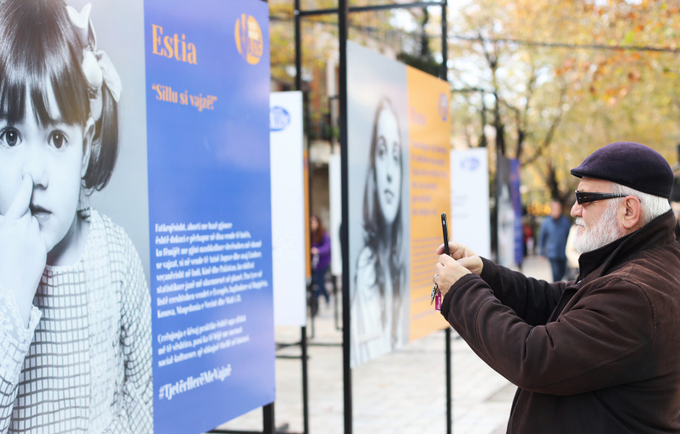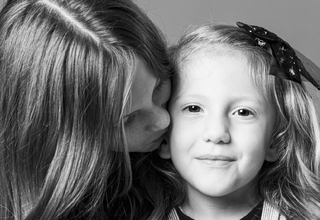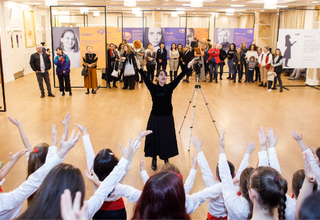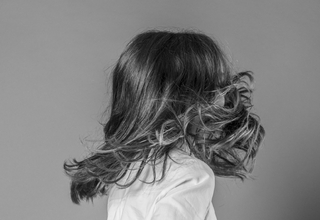In the last decade, Albania has faced an alarming trend that threatens the very structure of gender equality - the selective abortion of female. This harmful practice, deeply rooted in cultural norms and misconceptions, has cast a shadow over the social fabric of the nation, disrupting the natural balance of genders and perpetuating damaging beliefs.
The rise in the number of male births is a phenomenon that emerged in the 1990s and took time to decipher. After numerous studies and close examination of the issue, it was understood that this increase also occurs due to selective abortion, made possible by advances in medicine and the ability to determine gender within the permitted abortion period.
At its worst point in Albania, 112 boys were being born for every 100 girls, while the natural ratio should be 105 to 100.
At the heart of this issue is the misguided belief that having sons is better than having daughters. Such misunderstandings echo through communities, leading families to resort to drastic measures such as gender-based feticide.
The idea that boys are superior overlooks the extraordinary value and potential that girls bring to families and society. Girls are not a burden but pillars of strength, bearers of heritage, and contributors to social progress. Embracing girls does not diminish a family's honor or prosperity; on the contrary, it enriches it in immeasurable ways.
As Albania ranked first in Europe and twelfth globally for a preference for boys, it became crucial to reshape the conversation about gender preferences. Such was the campaign "Next Time with a Girl," initiated by UNFPA Albania and supported by Fibank and the Hospital Foundation, a campaign that brought together photos of girls by Kristina Culaj and organizational support from RedCloud. To understand the damage caused, the photos were accompanied by silhouettes of missing girls, accompanied by the story of their lives that never happened because their fetuses were aborted.
This campaign traveled to the most populated areas of Albania, had a visible media presence, and reiterated the message that girls are not worth less in society, analyzing cultural, social, economic, and legal aspects. There is now enough data to debunk beliefs from centuries past that still haunt us.
Albania's strength must lie in its citizens' unity, diversity, and collective potential. Preserving the natural balance between genders is a moral obligation and the cornerstone of a progressive and inclusive society that values every individual regardless of gender.
As a positive consequence of various campaigns and numerous calls, the natural gender balance of babies at birth has somewhat improved, reaching 107.4 boys per 100 girls.
We continue to remind ourselves and each other that the setbacks of previous generations do not dictate how we build society today in Albania. Because today, girls and boys alike must share roles, and duties, contribute to the economy, and inherit names and properties on completely equal terms.




